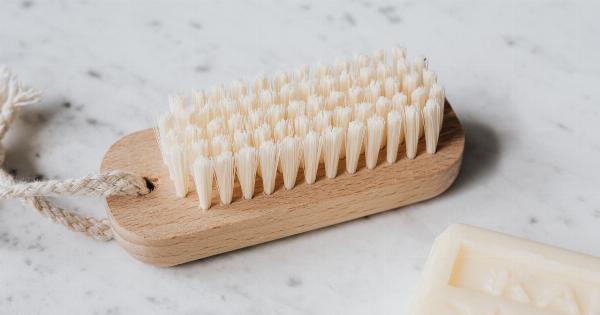Seasonal allergies are a common health problem that affects millions of people worldwide. These allergies are caused by the immune system overreacting to certain substances that are found in the environment during different seasons of the year.
Seasonal allergies can cause unpleasant symptoms, including sneezing, runny nose, itchy eyes, and more. Although there is no cure for seasonal allergies, avoiding specific triggers can help reduce the severity of symptoms. Here are seven common triggers that make seasonal allergies worse:.
Pollen
Pollen is one of the most common seasonal allergens. It is a fine powder that is released from trees, grasses, and weeds during different seasons of the year, such as spring and fall.
Pollen can travel long distances, and when it is inhaled, it can trigger allergic reactions, such as sneezing, coughing, and itchy eyes. To reduce exposure to pollen, it is recommended to stay indoors during peak pollen hours and keep windows and doors closed.
Dust Mites
Dust mites are tiny insects that can be found in bedding, carpets, and upholstery. They are a common trigger for seasonal allergies, especially during the winter months when people tend to spend more time indoors.
Dust mites can trigger allergic reactions, such as wheezing, coughing, and skin rashes. To reduce exposure to dust mites, it is recommended to wash bedding and vacuum carpets and upholstery on a regular basis.
Mold
Mold is a fungus that can grow in damp and humid areas, such as bathrooms, basements, and kitchens. Mold spores can trigger allergic reactions, such as sneezing, watery eyes, and skin rashes.
To reduce exposure to mold, it is recommended to keep the home dry and well-ventilated, fix leaks and water damage promptly, and clean mold-prone areas regularly.
Pet Dander
Pet dander is the tiny flakes of skin that pets shed. It can trigger allergic reactions, such as sneezing, coughing, and itchy eyes.
To reduce exposure to pet dander, it is recommended to keep pets out of the bedroom, wash pets regularly, and clean pet bedding and furniture often.
Cigarette Smoke
Cigarette smoke is a common trigger for seasonal allergies. It can irritate the nose and throat, making allergy symptoms worse.
To reduce exposure to cigarette smoke, it is recommended to avoid smoking and secondhand smoke, and to keep the home well-ventilated.
Air Pollution
Air pollution is another common trigger for seasonal allergies. It can irritate the respiratory system and worsen allergy symptoms.
To reduce exposure to air pollution, it is recommended to avoid exercising outdoors during peak pollution hours and to keep windows and doors closed during high pollution days.
Food Triggers
Some people with seasonal allergies may also experience food allergies. Foods such as peanuts, tree nuts, and shellfish can trigger allergic reactions that worsen seasonal allergy symptoms.
It is recommended to avoid known food triggers and to consult with an allergist for proper diagnosis and treatment.





























